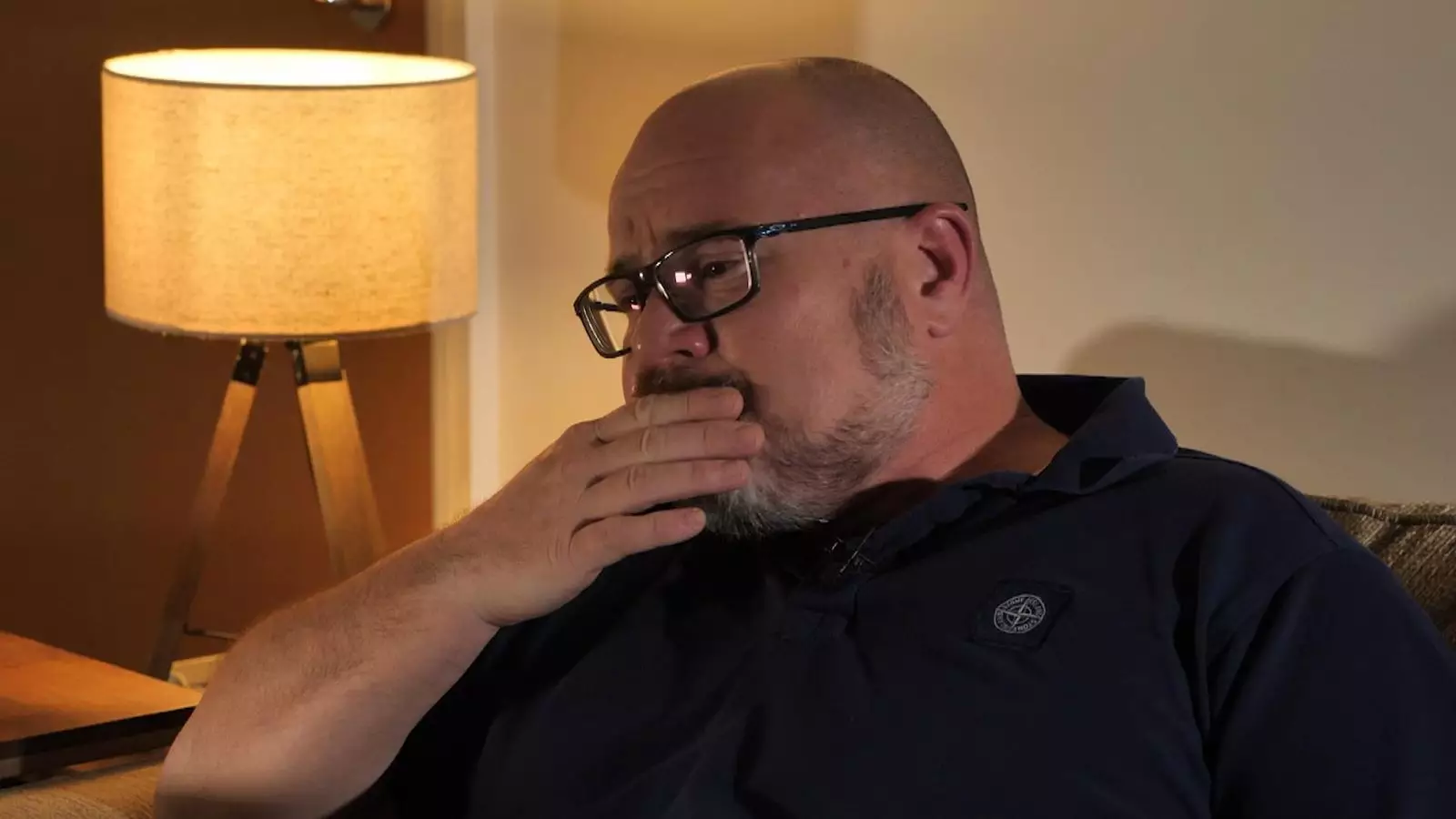The aftermath of the infected blood scandal, which occurred in the 1970s and 1980s, left deep scars on families across the United Kingdom. These families are now urging the government to reassess the compensation framework established for victims and their relatives. Over 300 families have voiced their frustrations, asserting that the current guidelines for compensation are inadequately designed and effectively exclude many deserving individuals. The tragedy, which resulted in thousands contracting HIV and hepatitis C through contaminated blood products, has claimed over 3,000 lives. A public inquiry, concluding last year, sparked the establishment of the Infected Blood Compensation Authority (IBCA) to handle compensation claims, but many feel that the government has not adequately acknowledged the unique struggles of siblings and other family members of victims.
Voices of the Affected: Siblings Speak Out
Richard Newton is just one of many who have shared their harrowing story in the wake of this tragedy. Having lost his brother Mark to HIV in 1989 due to infected blood products, Richard’s life has been profoundly affected by the loss and the trauma surrounding it. He joined the Tainted Blood – Siblings and Children group, which has been vocal about the shortcomings of the proposed compensation scheme. Richard, who was only 11 when he lost Mark, reflects on the aftermath of such a loss, detailing the bullying he experienced at school and the emotional turmoil that he and his family endured. His experience underlines the unacknowledged psychological trauma that siblings of victims often face; issues such as trust problems and emotional dependency can linger long after the tragedy.
The current compensation guidelines offer only limited avenues for siblings to seek financial redress, creating further frustration. Eligibility for compensation hinges on very specific conditions—namely, living with an infected individual as a minor for two years, serving as a caregiver, or being entitled to property left by the deceased. Richard questions the rationale behind these stipulations, wondering why the bond of brotherhood appears to diminish in value based on arbitrary timelines or conditions. This punitive approach to compensation is particularly heart-wrenching, reflecting a system that fails to fully comprehend the complexities of familial relationships impacted by crises.
Prominent advocates, including legal representatives like Des Collins, are rallying for a reevaluation of the compensation frameworks. Collins, who has championed the rights of over 1,500 victims, emphasizes the necessity of an individualized approach to compensation. The current rules, he argues, merit revision to better accommodate the realities faced by families like Richard’s. They need a scheme that’s sensitive to the nuances of their experiences and considers the long-lasting implications of trauma on the psychological well-being of siblings and families left behind after their loved ones have passed.
Collins’ call for legislative reform underscores a need for inclusivity in the compensation process. The government has committed to considering adjustments to the scheme initially set to roll out by early next year, but uncertainty prevails over how much real change will materialize. For families grappling with unresolved grief and complicated emotional legacies, the idea of “life-changing sums” of compensation becomes bittersweet when it feels unattainable or insufficient in addressing their deeper suffering.
In a statement to the public, a government representative acknowledged that “no amount of compensation can fully address the suffering” entrenched in the infected blood scandal. Yet, this declaration seems hollow to those who feel overlooked and disrespected by the present compensation criteria. The emotional and psychological ramifications for these families extend far beyond financial remuneration; they concern recognition of suffering and a collective acknowledgment of shared loss.
Many affected families are now left wondering, are their voices being heard? The call to action from families like Richardson should serve as a catalyst for revisiting the compensation framework so that it may incorporate the depth and breadth of emotional pain endured by siblings and relatives. It emphasizes the necessity of striking a balance between administrative procedures and the real, human stories that underpin them—stories that deserve compassion, understanding, and adequate compensation in the wake of tragedy.


Leave a Reply